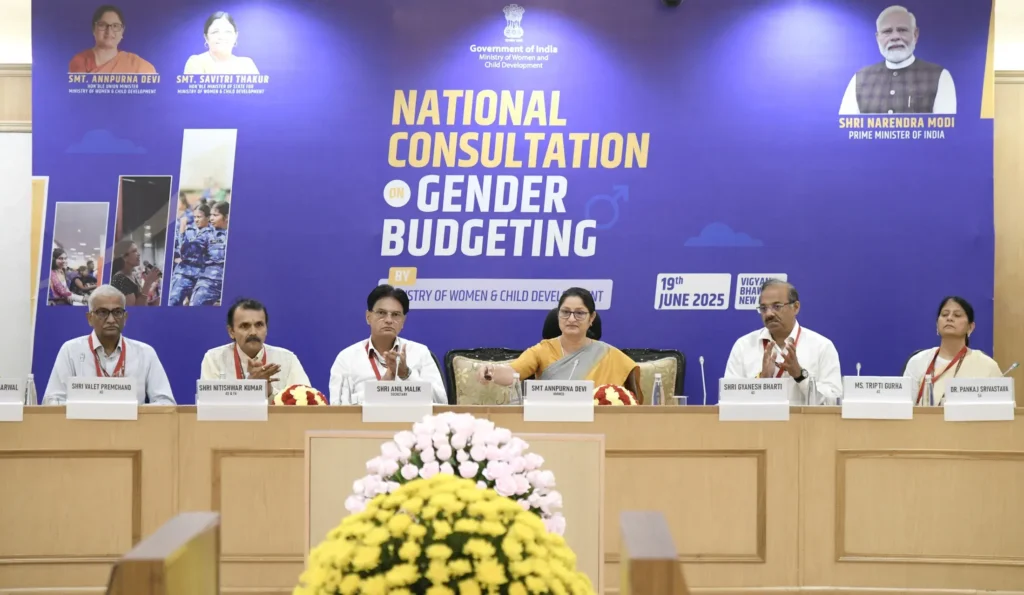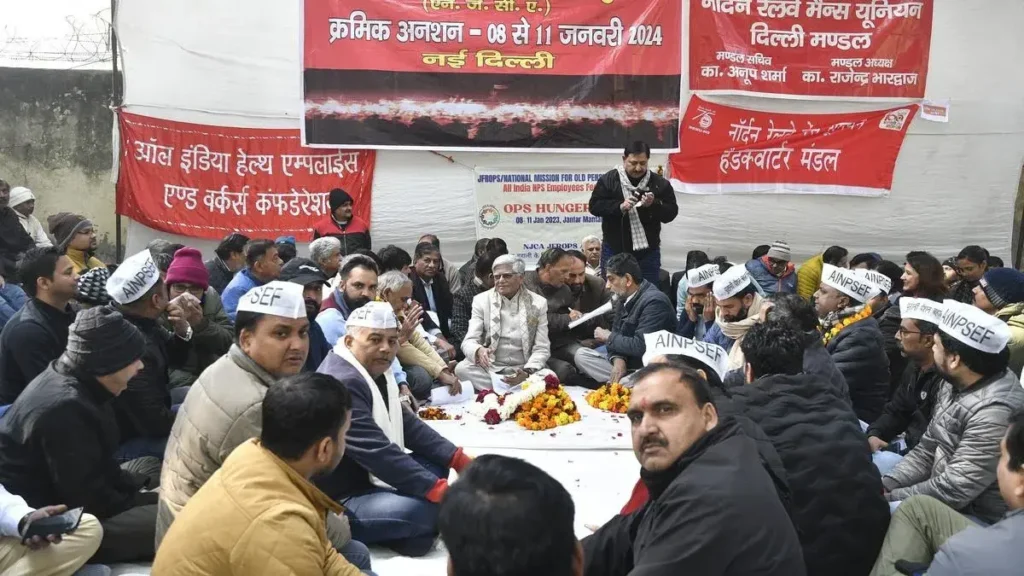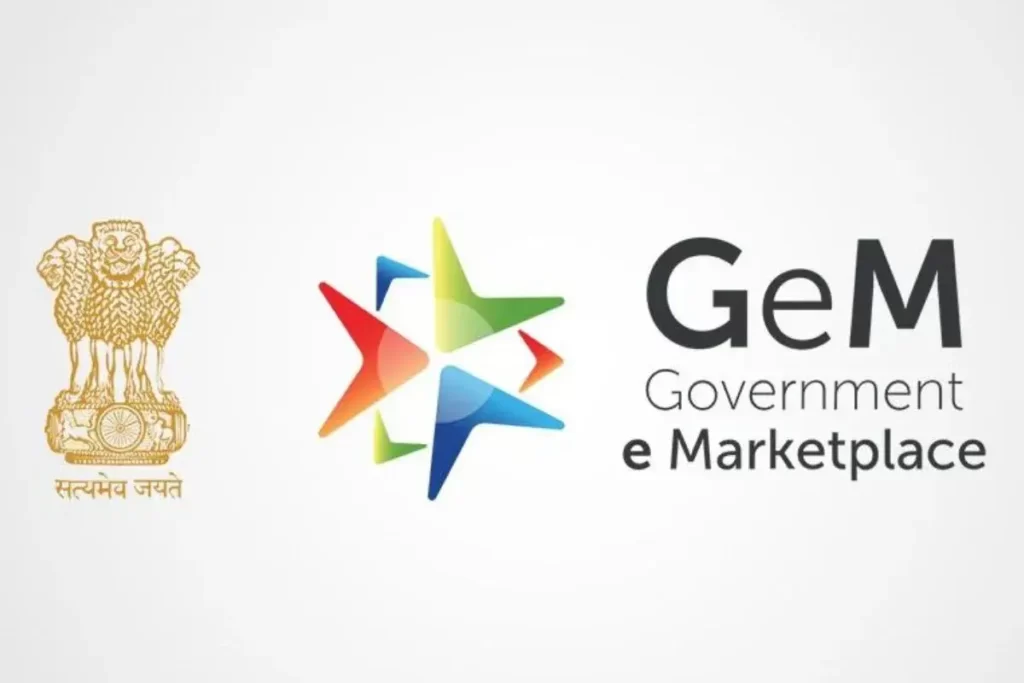Government Launches Gender Budgeting Knowledge Hub to Advance Inclusive Policy Making
In a major push towards gender-responsive governance, the Central government on Thursday launched the Gender Budgeting Knowledge Hub, a digital platform aimed at equipping policymakers with essential data, tools, and resources to promote gender-inclusive budgeting practices. The initiative was formally unveiled by Union Minister for Women and Child Development, Annpurna Devi, during a national consultation event held in the capital. The day-long gathering witnessed the participation of officials from 45 Central ministries and departments, 20 state governments, and global organisations including UN Women and the Asian Development Bank. According to the ministry, the new portal will function as a centralized knowledge-sharing space, hosting gender-disaggregated data, policy briefs, and case studies highlighting effective gender budgeting practices. “As India moves toward its development vision of Viksit Bharat @2047, gender-sensitive budgeting will play a critical role in achieving inclusive and balanced growth,” the ministry said in its statement. The newly launched Knowledge Hub will serve as a centralised digital repository for gender-disaggregated data, policy briefs, research papers, and best practices from across the country. It is designed to support evidence-based policymaking and foster dialogue between stakeholders at both Central and state levels. With India advancing rapidly on multiple developmental fronts, the Gender Budgeting Knowledge Hub is expected to play a pivotal role in embedding inclusivity into the nation’s financial and governance frameworks. Source: PIB
Government Launches Gender Budgeting Knowledge Hub to Advance Inclusive Policy Making Read More »




